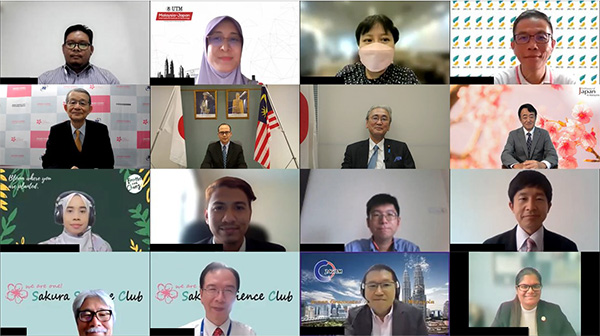Events
2nd MASSA Meeting Reassured Strong Ties among Malaysia, Japan and the World
On February 26, 2022, the 2nd MASSA Alumni Meeting “Bridging Social Capital and Cultivating Excellence” was held online. MASSA stands for Malaysia Alumni of Sakura Science Association. Moderating the event was MASSA member Dr. Nor Ruwaida Jamian, Malaysia-Japan International Institute of Technology (MJIIT), Universiti Teknologi Malaysia (UTM). Around 100 participants were in attendance from Bangladesh, China, Hong Kong, India, Indonesia, Japan, Malaysia, Myanmar, Singapore, Taiwan, Thailand, and the US.
Keynote Session 1: Dr. Moi Meng Ling
Dr. Moi Meng Ling started off the keynote session. Now a professor at the University of Tokyo’s Graduate School of Medicine, she began her journey in Japan with a MEXT scholarship to the University of Tsukuba. In December 2020, for her work on dengue and emerging diseases, she became the first non-Japanese person to receive the Agency for Medical Research and Development (AMED) Award.
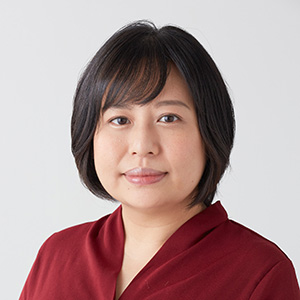
Dr. Moi spoke about the importance of building and maintaining “kakehashi”—bridges—in the battle against emergent and re-emergent diseases. Since diseases have no border, it is important that countries build collaborative networks in order to more effectively fight outbreaks when they occur.
Dr. Moi encouraged students to adopt a global mindset while maintaining their native values. Students themselves will build bridges as they travel and advance in their careers. Theirs is the responsibility to “negotiate the terrain of human relationships” as they forge new opportunities for themselves and those who come after.
Keynote Session 2: Dr. Mohd Zamri Yusop
Dr. Yusop, currently a senior lecturer at the School of Mechanical Engineering, Universiti Teknologi Malaysia, studied mechanical engineering at the Nagoya Institute of Technology (NIT). He obtained his doctoral degree in engineering from NIT’s Department of Frontier Materials.
Dr. Yusop spoke about the great variety of opportunities engineering students have in Aichi Prefecture, a manufacturing hub for automotive and aerospace industries in Japan. As a “Look East Policy” Malaysia government scholarship student, he went through a preparatory Japanese language course and took all core engineering courses at NIT in Japanese. However, since both Japanese and non-Japanese researchers worked in the laboratory, English was used as the common language there.
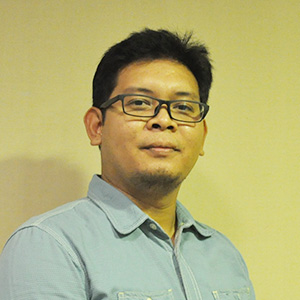
He recommended that students consider scholarships provided by MEXT or JASSO. Interested students are welcome to contact him directly and he will try to help them find a potential supervisor for a university recommendation, which the MEXT scholarship requires. For students who want to work in Japan, he recommends the Aichi Scholarship Program, which offers a 2-years master’s program including living allowance, in exchange for 5 years of work in the Aichi area.
Asked about any tips, he recommended finding a professional contact in Japan to get started. Attending international conferences with specific topics would give students an opportunity to network with professors in their field.
Sharing Session 1 : Dr. Gan Hong Seng
Dr. Gan Hong Seng, a senior lecturer in the Department of Data Science at the University of Malaysia Kelantan, spoke about how the pandemic has impacted MASSA.
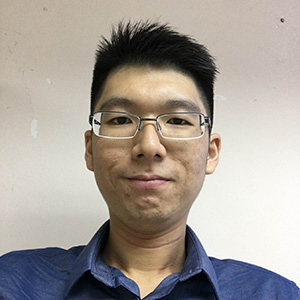
Japan and Malaysia have had a strong academic and research relationships since the 1980s. MASSA is a relatively new alumni association, but several Japan-Malaysia associations exist, all working to broaden networking potential between the two countries.
However, the COVID-19 pandemic has stopped traditional cross-border travel, which has had an impact on cultural and research exchanges.
Utilizing his data science expertise, Dr. Gan concluded that knowledge and skill-sharing, plus networking and communication have been most disrupted. Scientific productivity in Japan-Malaysia partnerships was also disrupted, but less so than the others.
Sharing Session 2 : Dr. Che Azurahanim Che Abdullah
The head of the Nanomaterial Synthesis and Characterization Lab at the Institute of Nanoscience and Nanotechnology, University of Putra Malaysia, Dr. Che Azurahanim Che Abdullah (Dr. CACA), spoke about the Sakura Science Program since it has gone remote in response to the COVID-19 pandemic.
Online Sakura Science started in January 2021 and has continued this year. Using the apps Zoom and Gaia Town, students, researchers, and facilitators from various countries are able to interact virtually and present their research.
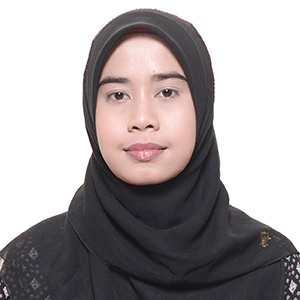
Dr. CACA stated that virtual Sakura Science was lower in cost, with wider access, but there were also drawbacks. While she was excited about new possibilities, computer glitches and miscommunications are a persistent annoyance. And of course, cultural exchange is significantly reduced. In terms of hands-on experience like seeing high-end equipment, it is still preferable to have students visit Japan in person.
In the Q&A, a participant asked if Sakura Science was open to any field of research. She explained that Sakura Science is not limited by fields, but a contact in Japan is a prerequisite to apply. The best idea is to attend an international conference to network and meet a Japanese professor who is willing to host students from overseas.
In the following session, Mr. Raymond Tan from JASSO Malaysia provided precise information on the advantages of furthering one's education in Japan. And on educational tracks for Malaysian students seeking higher degrees in Japan, from undergraduate to post-graduate. He also included QR codes for viewers to scan. When in doubt, Mr. Tan suggested viewers directly contact JASSO Malaysia for a Zoom meeting.
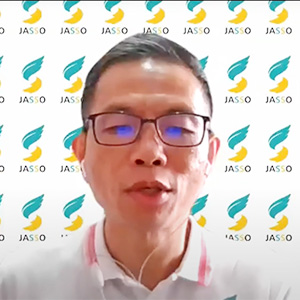
Lastly, Dr. Lau WeeYeap, Associate Professor at the Faculty of Business & Economics, Universiti Malaya, and member of JAGAM, Japan Graduates’ Association of Malaysia, presented the history of their bridging activities between Malaysia and Japan. JAGAM has actively taken part in Japan education fairs, and hosted webinars for high school students hoping to study in Japan. They have also taken part in CSR activities like mask donations and donations of laptops to enhance e-learning. For their multi-faceted activities, JAGAM was commended by Japan’s foreign minister in 2018.
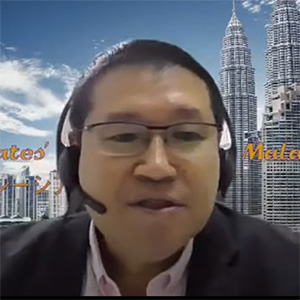
The 2nd MASSA meeting helped to maintain exchange and sharing of experiences and information. And for such an opportunity, JST and MASSA would once again wish to thank all speakers and honorable guests, His Excellency Katsuhiko TAKAHASHI, Ambassador Extraordinary and Plenipotentiary of Japan to Malaysia, Mr. Nor’Azam, Charge d’Affaires of the Embassy of Malaysia in Tokyo, and Mr. Keiji FURUYA, Member of the House of Representatives Japan and President of the Japan-Malaysia Parliamentary Friendship Association for their warm encouragement to keep up exchange activities on different platforms.
